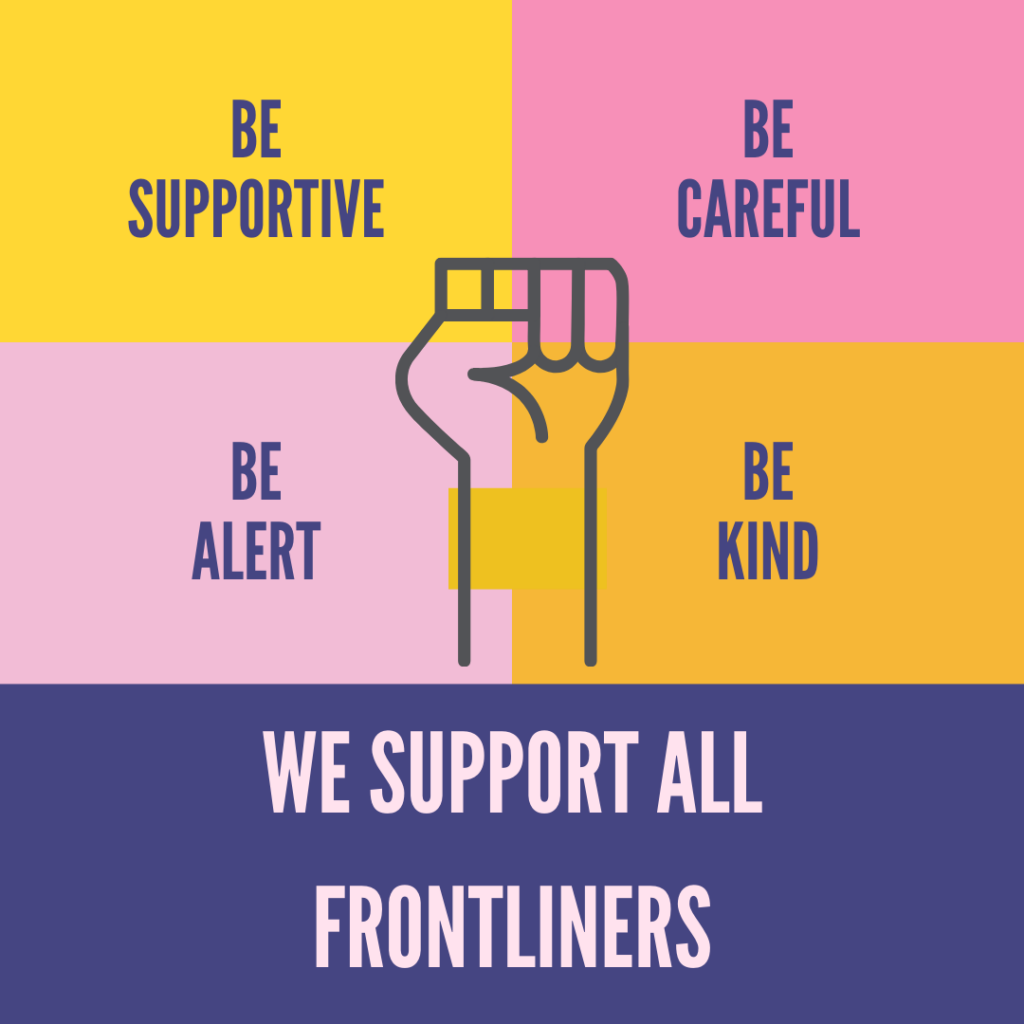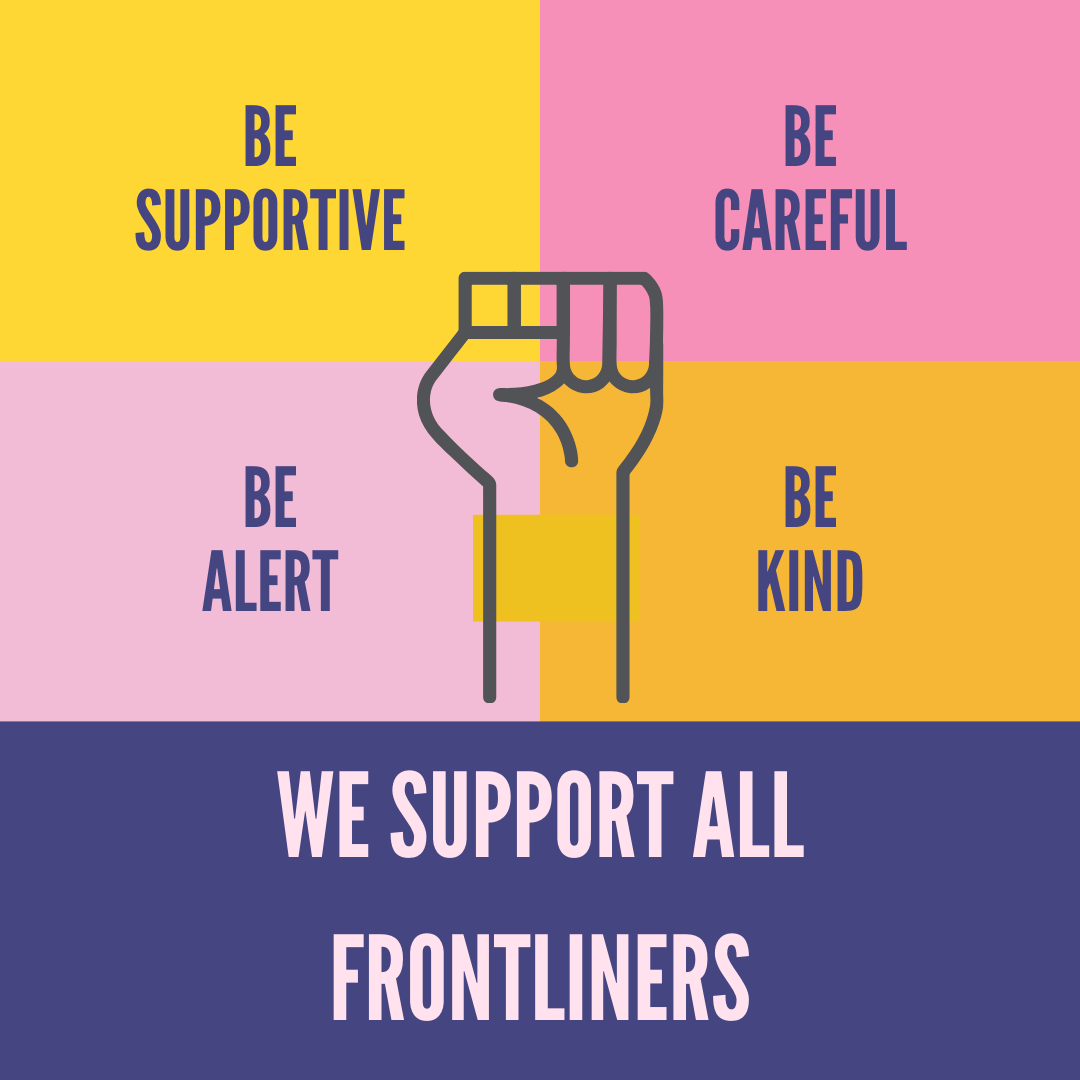Hello there,
You might think this is a bit overrated and an over done topic by this time. The world has been grappling with Covid-19 from December 2019 onwards and by now you’d think everything that can be said on the topic has been covered in the form of memes, blogs, scholarly research publications etc.
You could be right, but the fact is, that all that information is scattered all across the Internet. Plus, most of it deals with how to protect yourself from Covid-19, what can you do if you need to go out, what are the most likely physical symptoms and what is the protocol to follow when someone is diagnosed with the disease.
What is Covid-19? Find the answer here.
The purpose of this post is not to elaborate on how to protect oneself from Covid-19 which is the most important preventive measure, but rather, how does one deal with it? How do you help someone who knows someone who has it? How do you deal with your close one being a front-line worker? What must you do or what are you willing to do to support that person or their family?
Imagine you are in a community or network of people and you come to know that a person close to the social circle has been infected. If you have been in contact with a person with Covid-19, if yes, then self quarantining yourself and your loved ones for a period of 14 days is best.
Having said that, please by all means refrain from blaming a person or their situation or for bringing it close to home for you. A bit of explanation on their mindset, would be , how did this happen? Where, from whom? Why us? What could we have done to avoid it? (Answer: you can’t, it chooses you, not the other way round) Have we slipped up somewhere? What will people say? How do we explain this to people, employers, co-workers, family, friends, neighbours?
And if you fall under any of the above categories, please, please, please always remember to be kind and gentle and supportive. Not just for this situation. Always. Kindness begets kindness. People remember kind words and kind deeds and yes they remember the others too and will always think of the person in a favorable or unfavorable light depending on one deed. One wrong word, one wrong misstep and there appears a crack in that relationship till one or both acknowledge and decide to earn back trust.
In the meantime, however what are the means you can adopt to continue to support the patient or his or her family in this stressful and difficult time. The below few points are by no means exhaustive but can be a guide.
- Offer to pick up and drop off medicines, groceries, essentials at a pre-arranged non contact point.
- Offer to run non- contact errands that are essentials.
- Check in on them often. Keep the conversations real, honest and pragmatic. The mind often likes to numb the pain and stress by grasping what it can comprehend and not have to feel.

There are more resources out there and I will be linking to some of them here in this post as well. One point that resonated with me while researching this piece was, this point; Use time-based language.
WHO recommends some of these grounding exercises to deal with emotional stress found here.
We live in an inter-connected world and intertwined in relationships and networks. Safeguarding the community from an outbreak at these times of Covid-19 is important however respect the privacy of the patient and their family as well. This brings me to my previous point, to Be Kind. Also what to do if probable contact with a person who may or may not have Covid-19 is found here.
We as a society also worry about the future of our children. This new virus with its pandemic spread has affected the way we think, feel and react to every situation and will forever leave a mark on all our actions. Our children are growing up in a world marked with fear, anxiety and sorrow and difficulty. How does one explain the situation to them? How does one explain relationships for now are changed and in some cases changed forever? The implications are enormous, we need help in making our children braver, stronger, better prepared citizens for the morrow. To that extent there is counselling being offered in medical health centers globally as this article illustrates an example here in Saudi Arabia.
How do you answer the questions posed by your child if one of your loved ones is suffering from Covid? Here is a site linked here, that can lead us in the right direction and at least provide a starting point to those questions and lay the foundation for basing answers.
I find as I write, that this article or post opens up more and more offshoots of conversation, do write in here if you wish me to continue on this thread of conversation.
Thank you for listening,
Kind regards,
Sanaa

